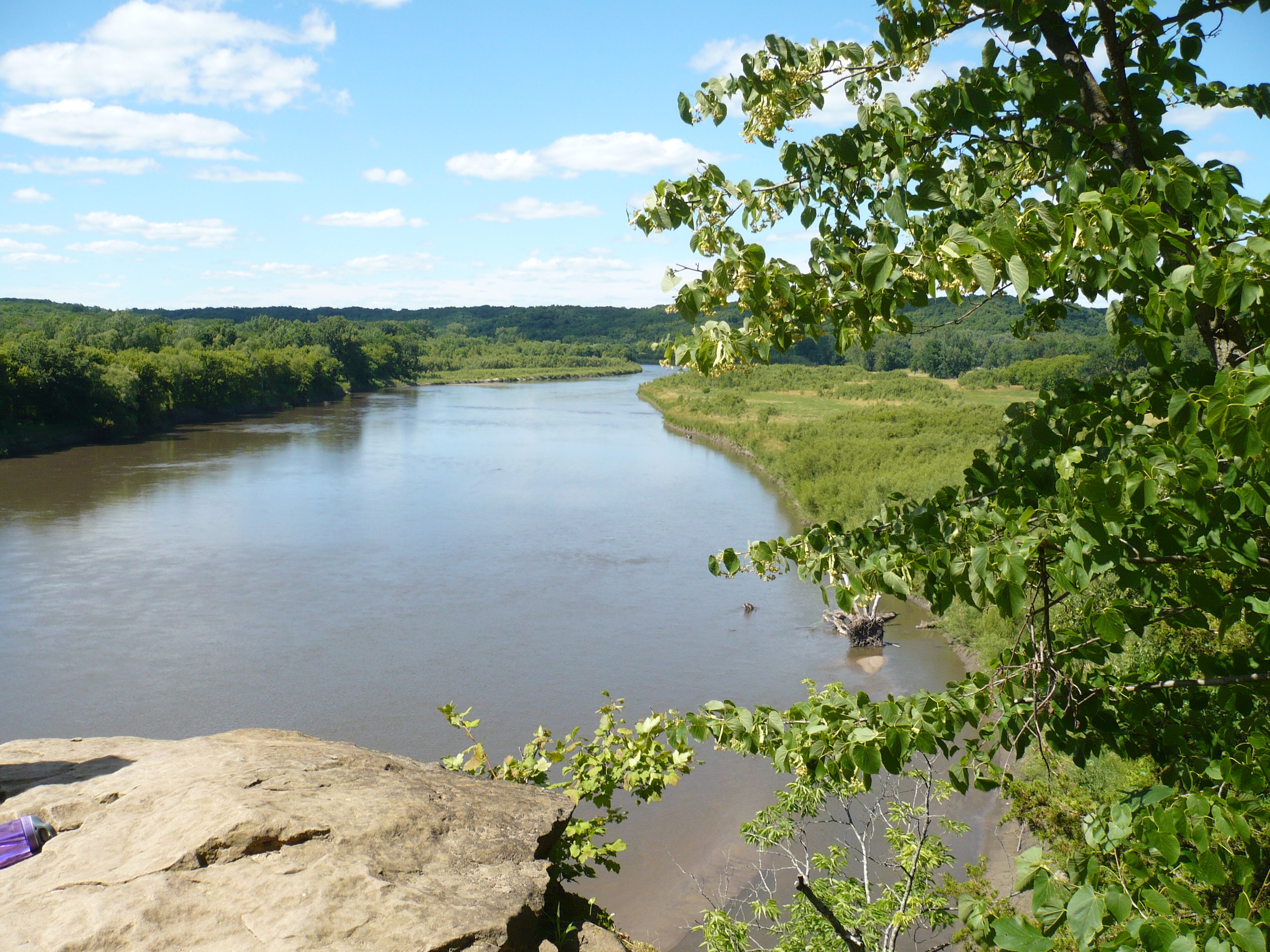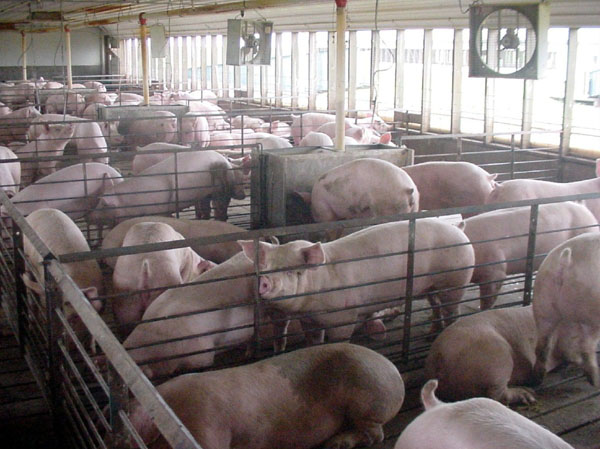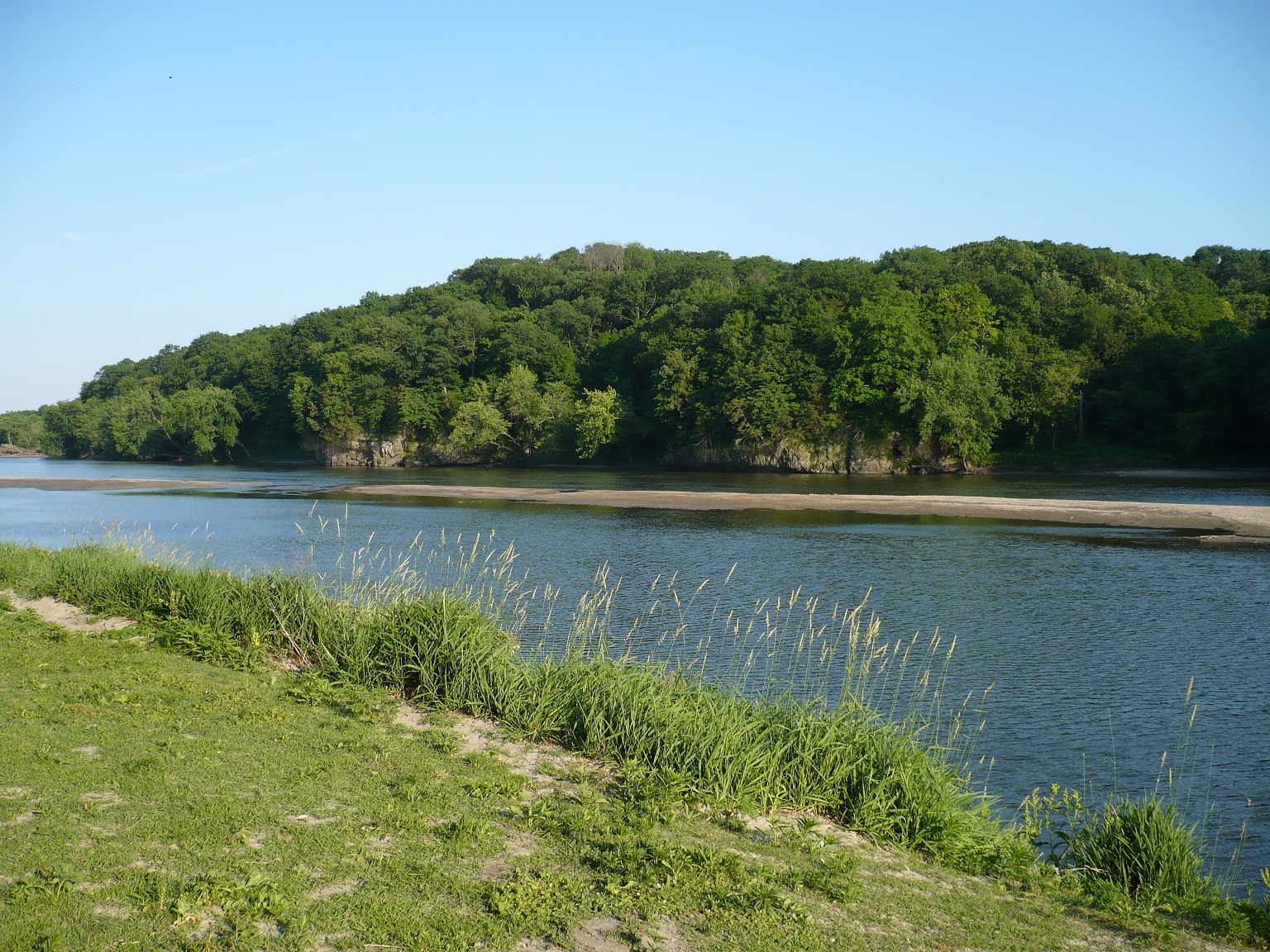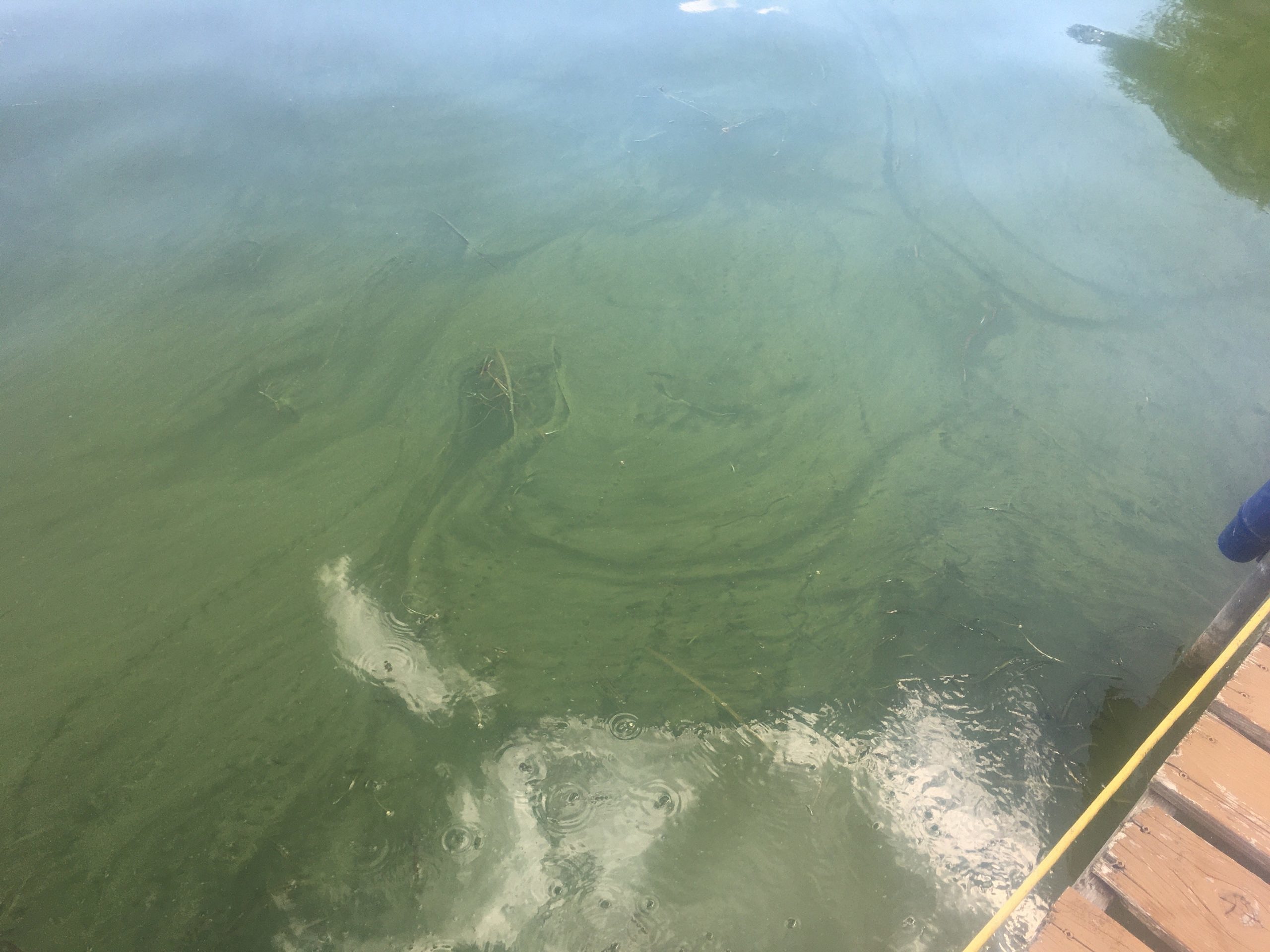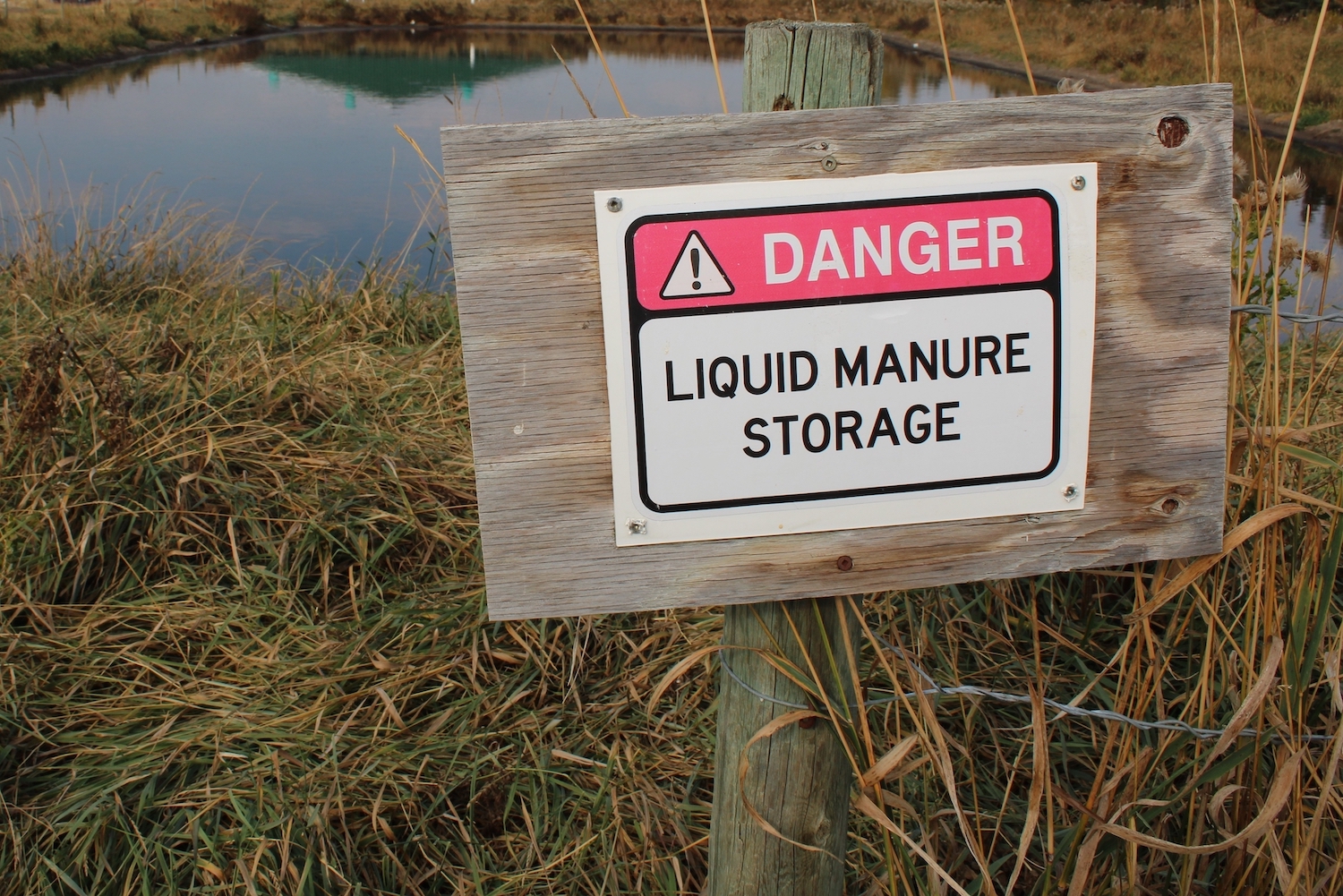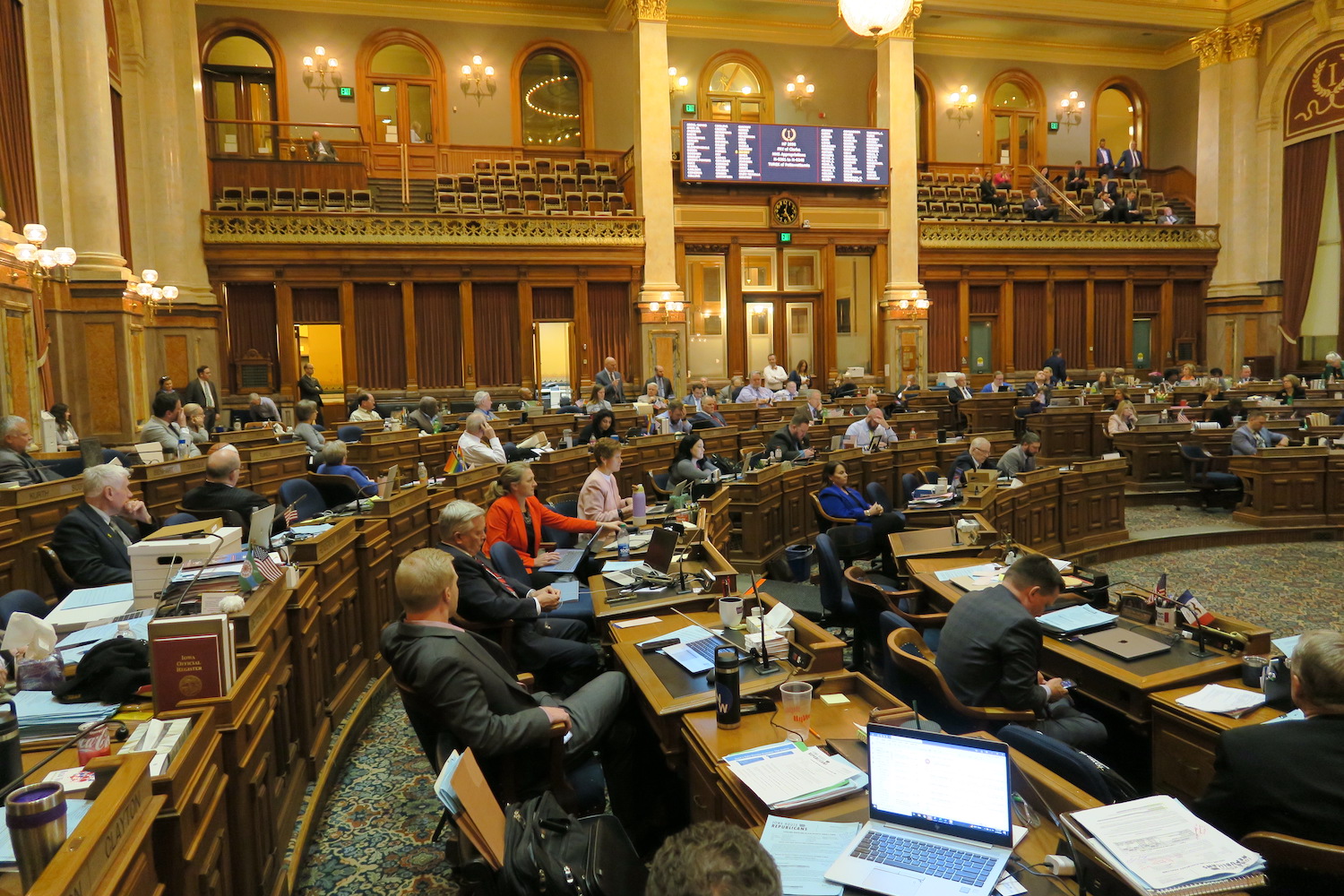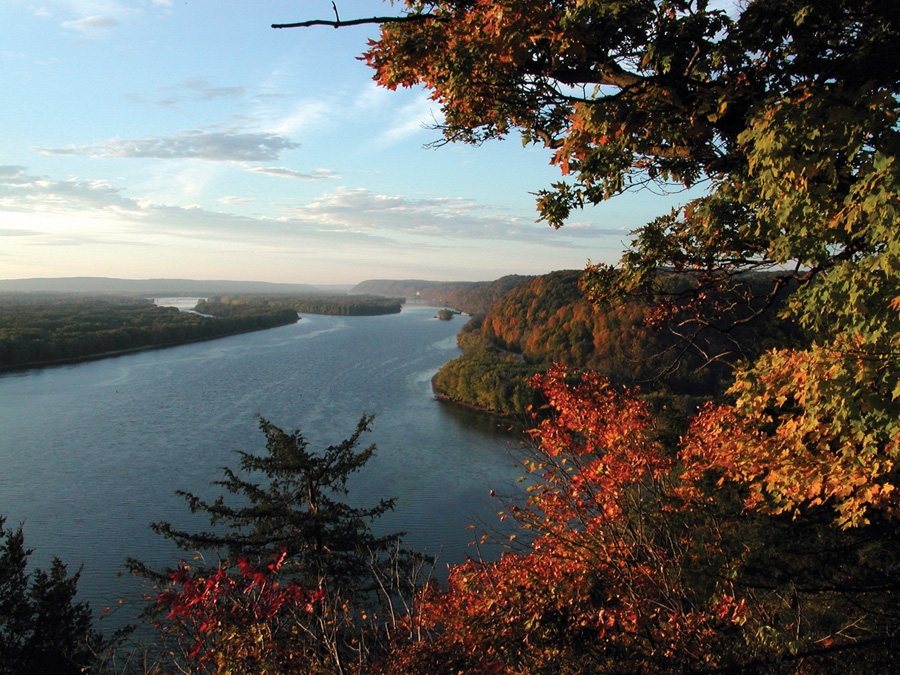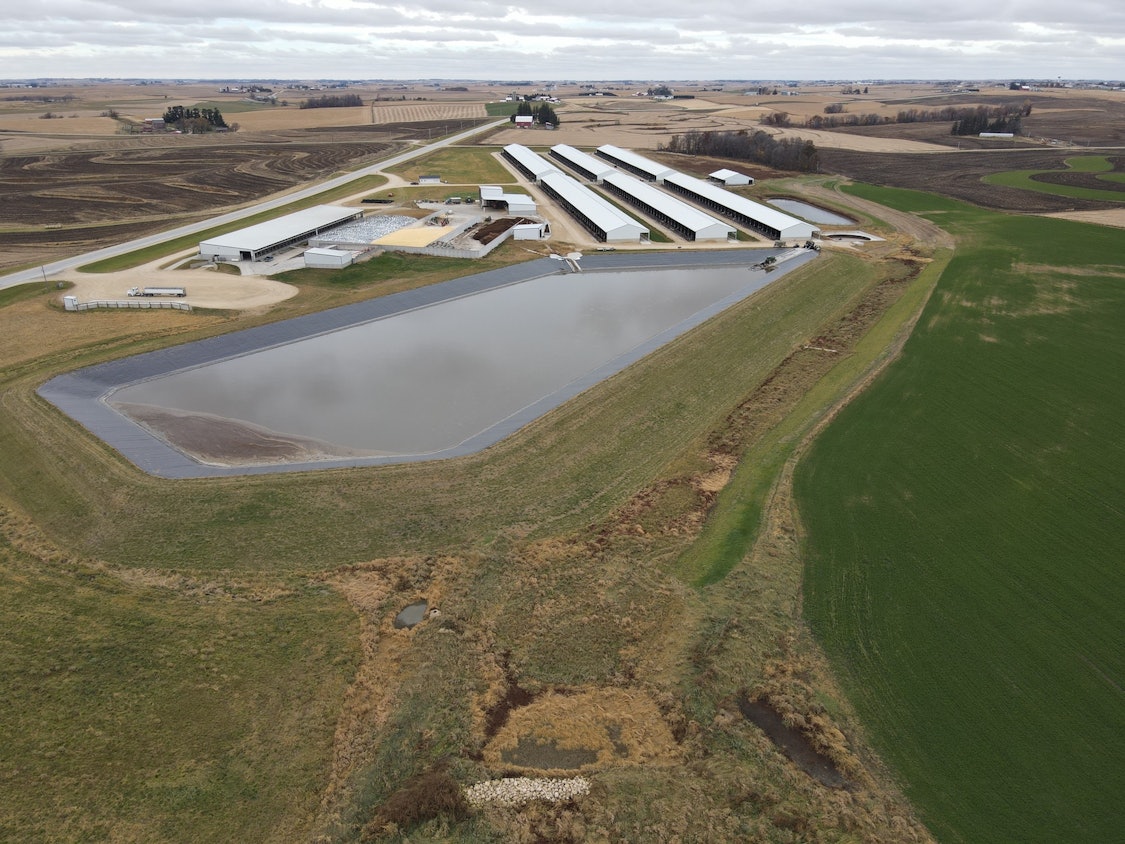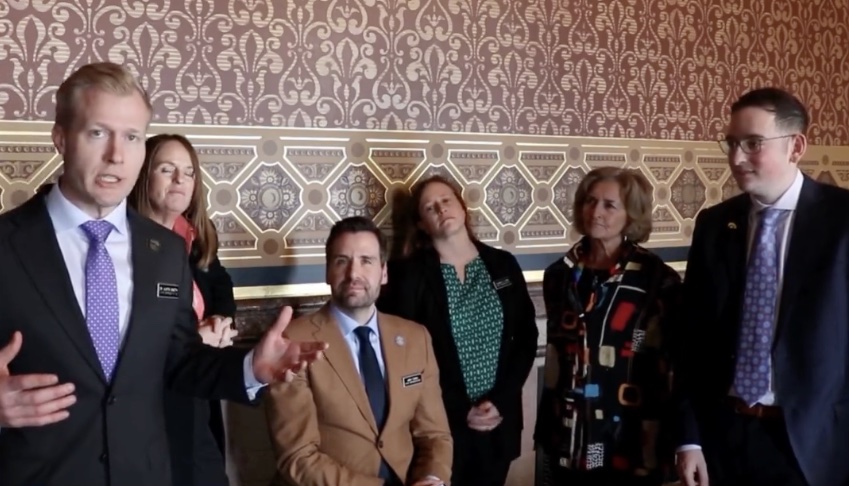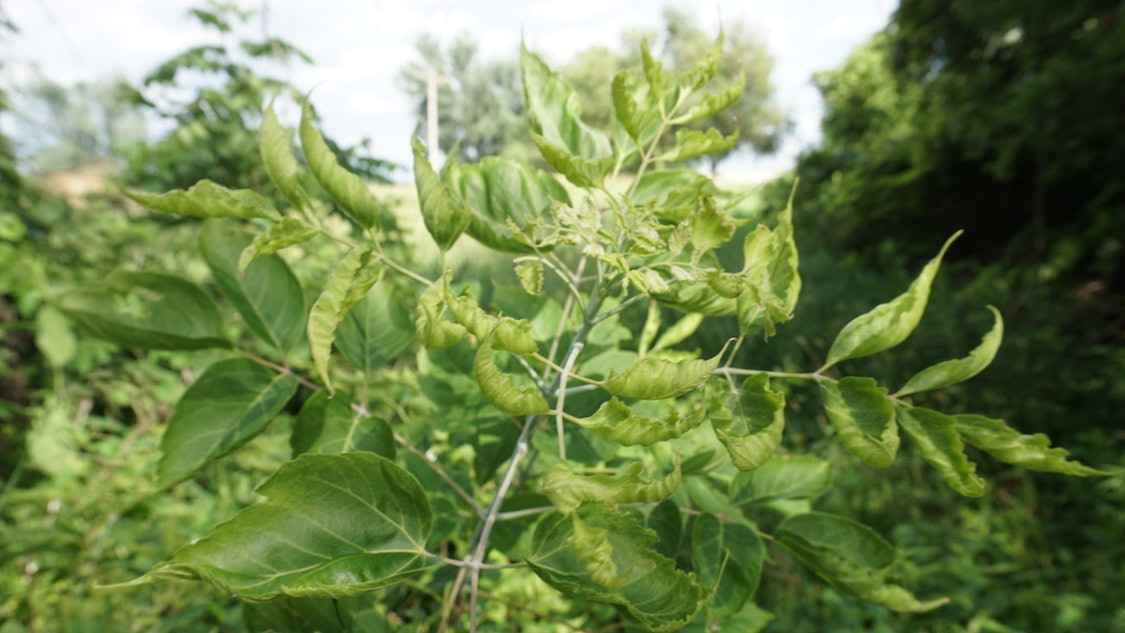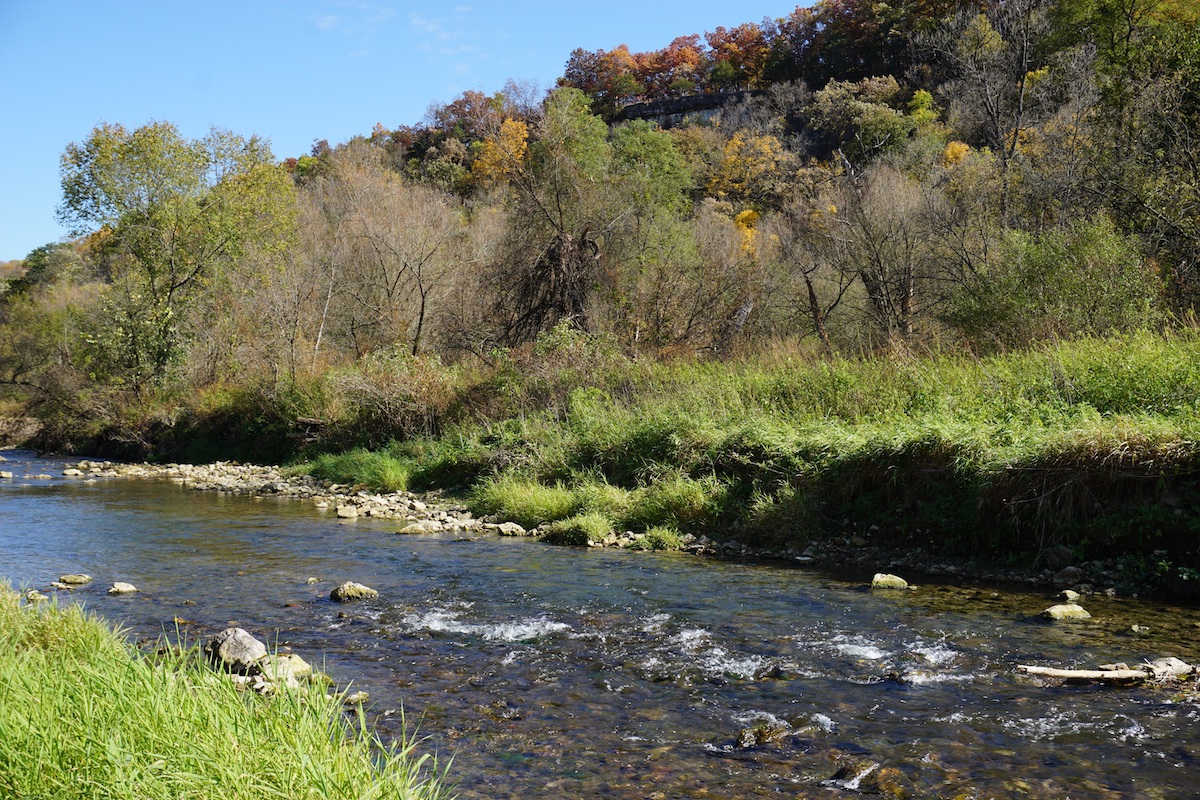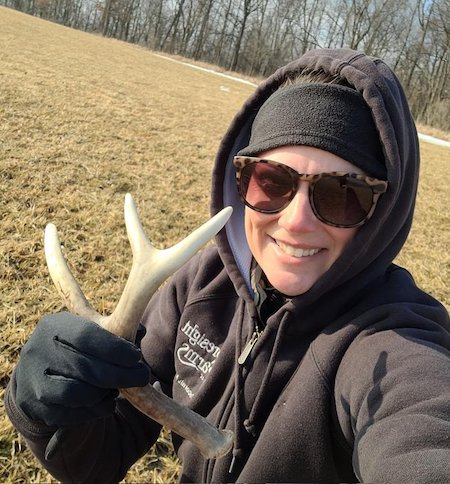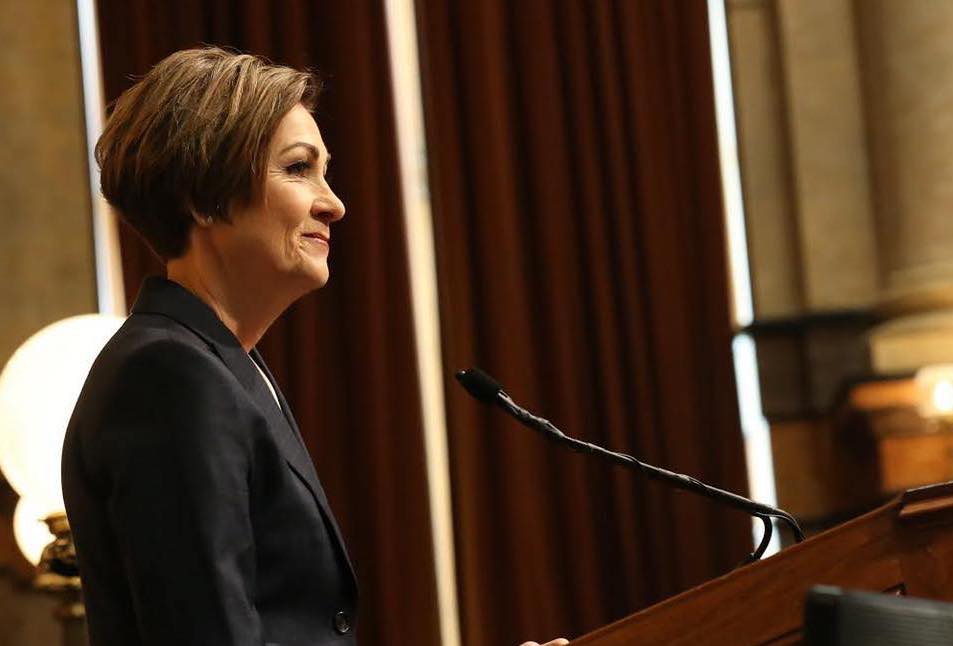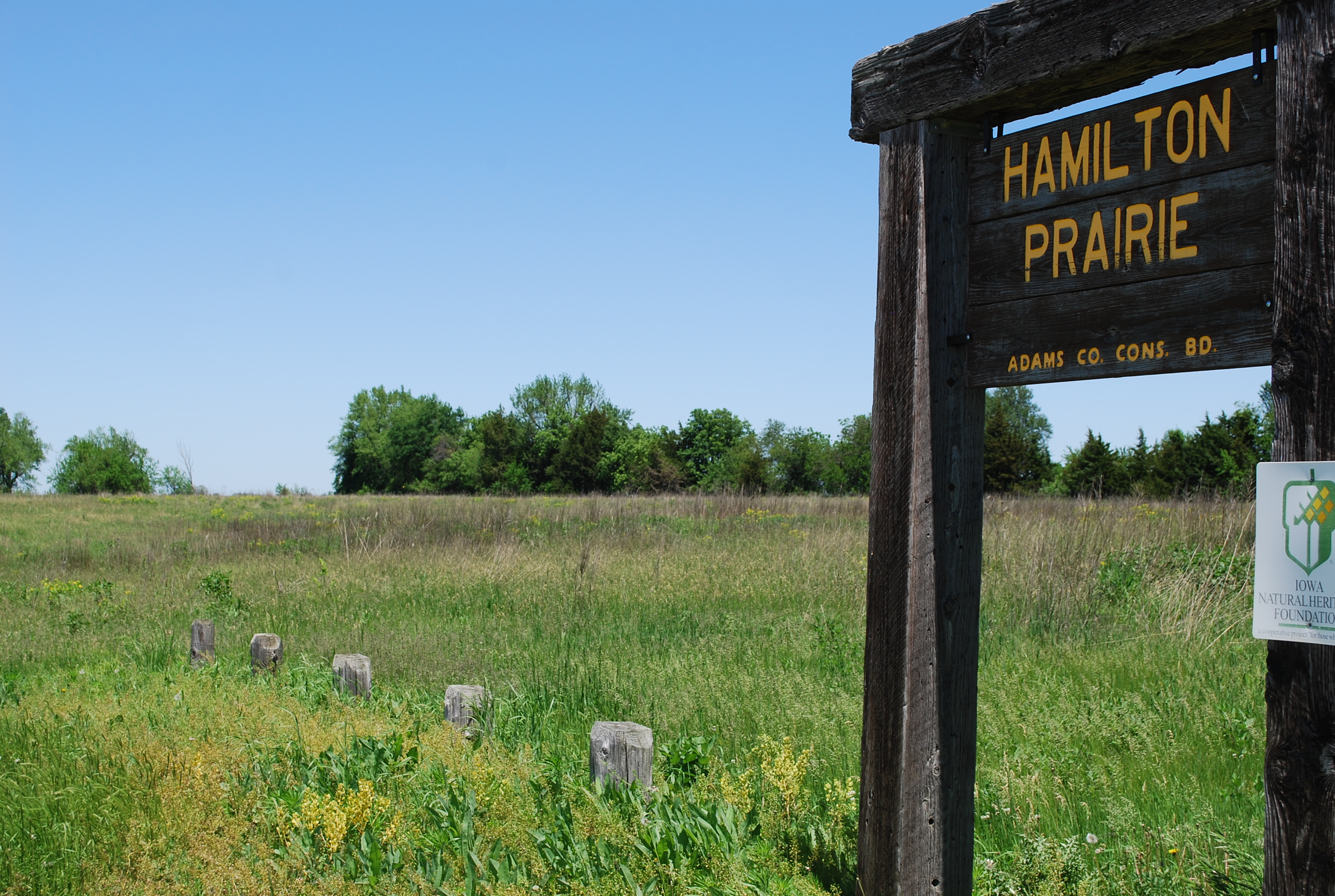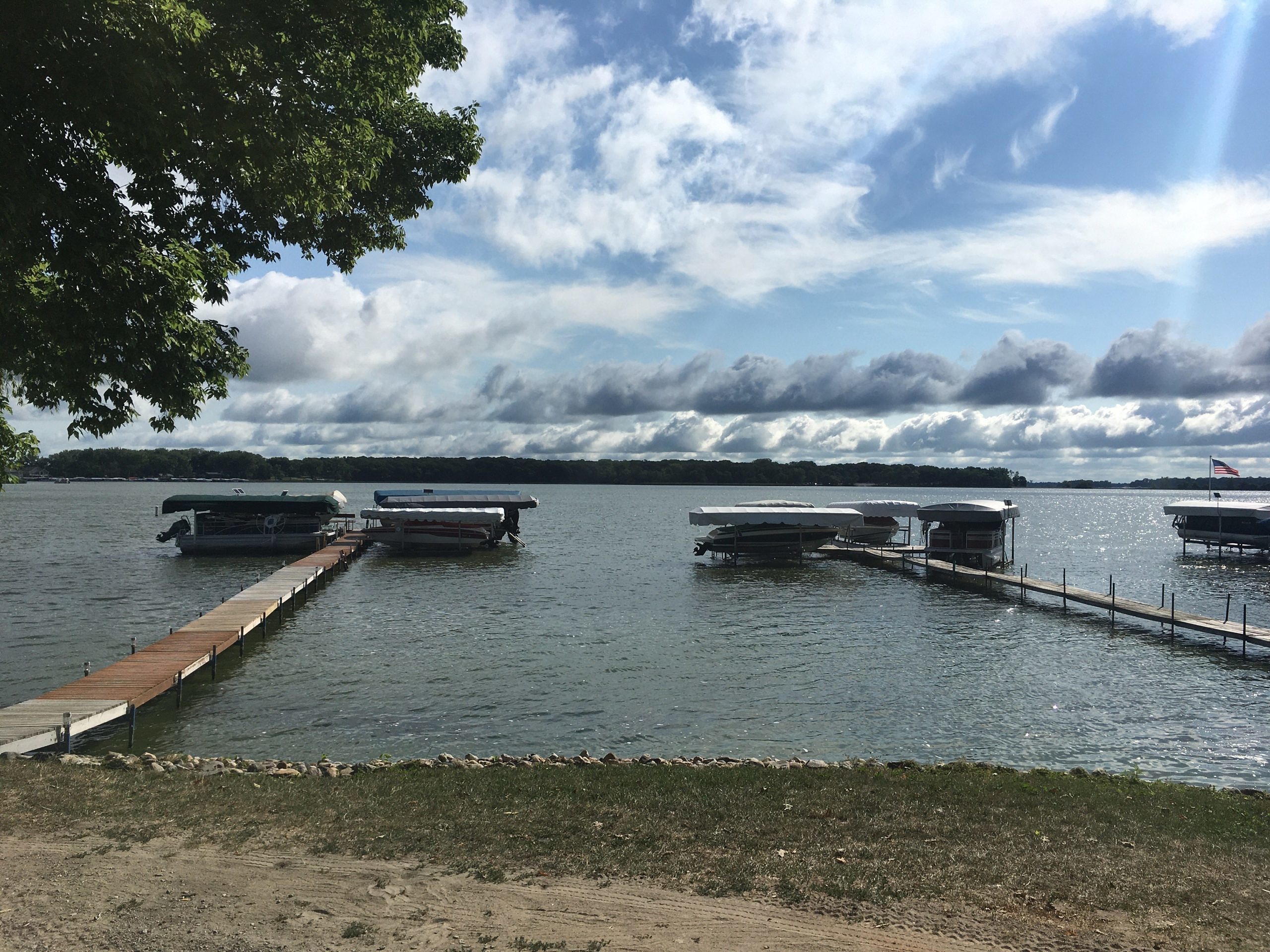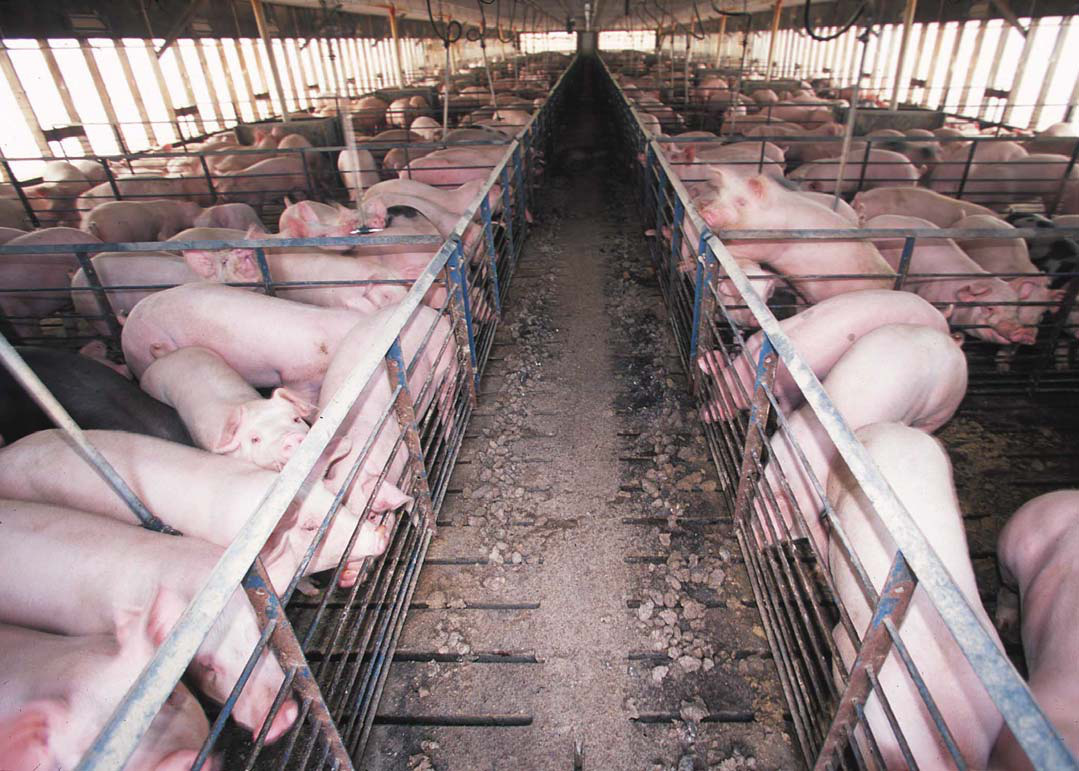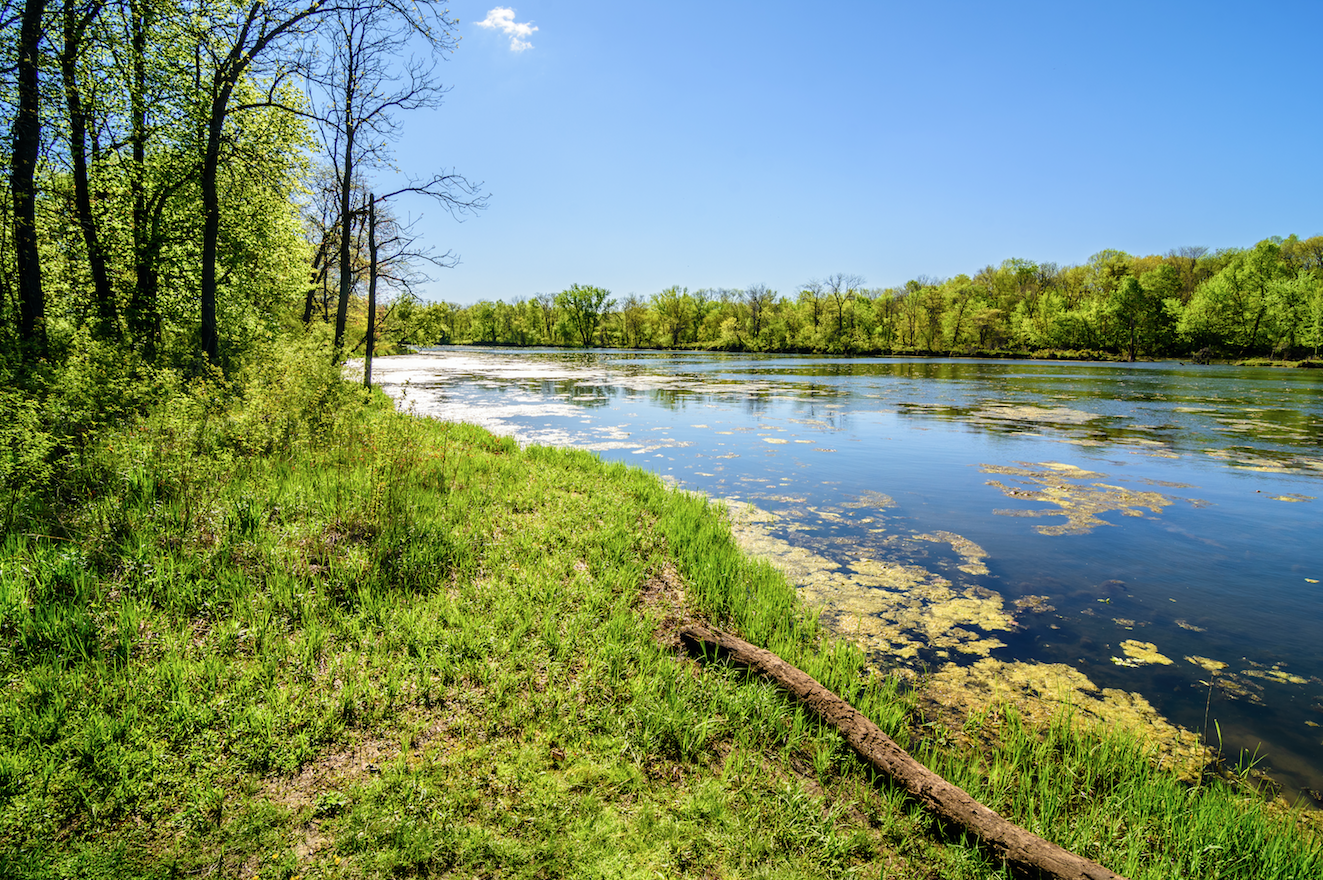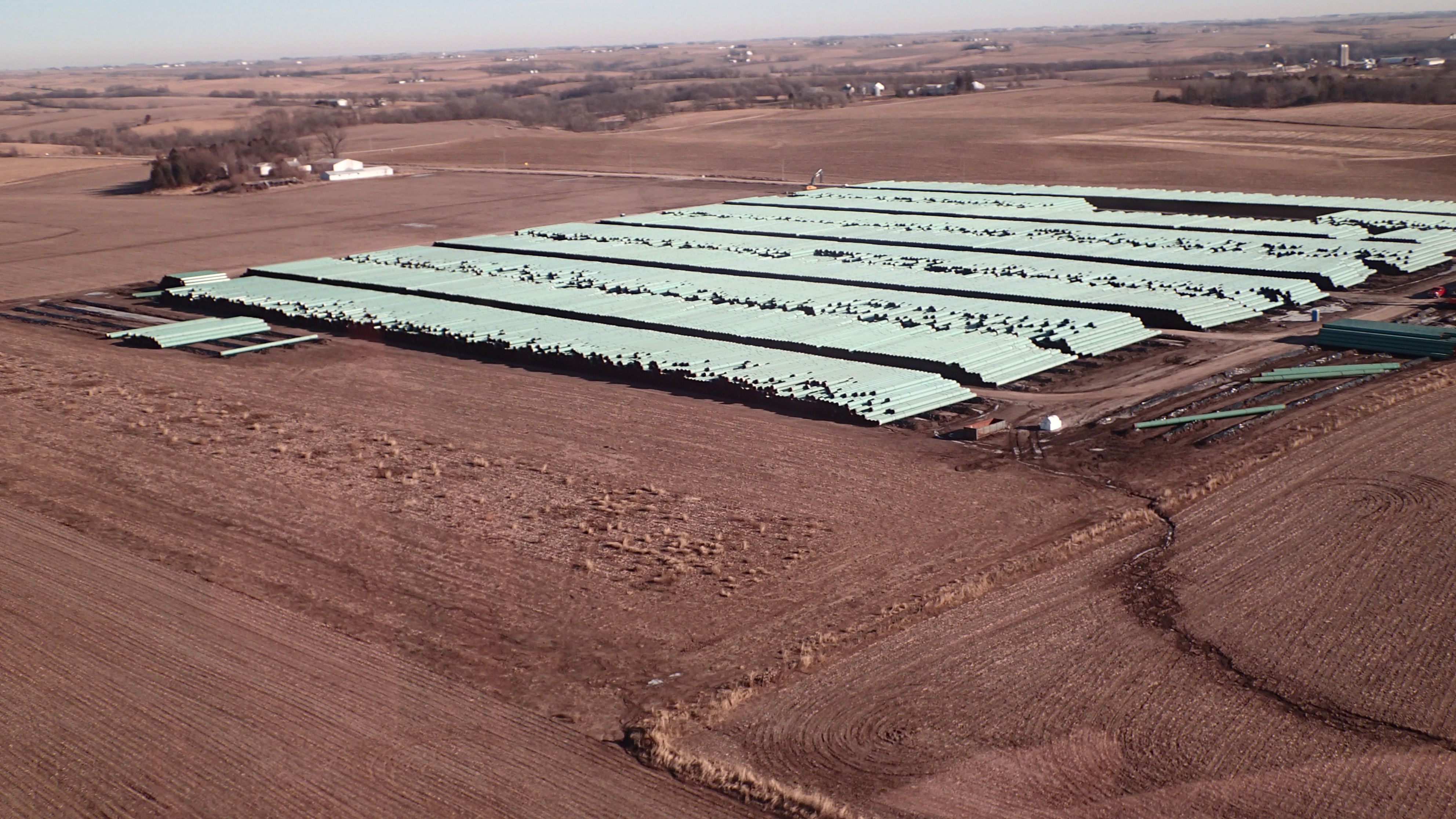I wish I had better news to share on Earth Day, but the Iowa Department of Natural Resources issued its annual State of the Environment report this week, and it’s not encouraging for people who like to breathe air and drink water. From Perry Beeman’s report in the Des Moines Register:
Last year culminated a three-year run in which air pollution exceeded health thresholds 125 times – up 33 percent from the previous three-year reporting period.
[Iowa DNR Director Richard] Leopold said that’s disturbing as production was down at many factories because of the economy.
Most of the problem: fine particles from hog confinements, cars and power plants, whose emissions blend ammonia and sulfuric or nitric acid in the air.
Fine particulate matter, also known as PM 2.5, has been linked to many life-threatening illnesses and causes thousands of premature deaths every year. That’s another reason to be thankful that utility companies abandoned plans to build new coal-fired power plants in Waterloo and Marshalltown last year. (Side note: could someone please inform the three “pro-life” Republican gubernatorial candidates that coal combustion is hazardous to human health? Terry Branstad, Bob Vander Plaats and Rod Roberts all favor building more coal-fired power plants in Iowa.)
As for the other major contributors to poor air quality in our state, the Iowa legislature has done little about air pollution from confined animal feeding operations (CAFOs) beyond passing a time- and money-wasting odor study bill in 2008. Nor have our state’s leaders done enough to fund alternate modes of transportation, which could reduce vehicle miles per capita traveled by car (and the associated fine particulate emissions).
The DNR’s report showed statistically insignificant improvements in Iowa water quality, but not enough to lift us out of the “poor” category. While new “antidegradation rules” on water quality may protect some Iowa waterways from getting worse in the future, we have a long way to go to make our lakes and rivers safe for recreation and other uses.
Public demand for usable waterways is increasing; the DNR’s report showed that more Iowans are using state parks, boating and buying fishing licenses. It’s therefore baffling that the DNR is proposing to reduce protection for 408 Iowa stream segments this year. The Iowa Environmental Council has much more background on this issue here. Public comments to the DNR are needed by April 30, and it only takes a few minutes to send a message to the relevant DNR official (click here for contact information and talking points).
For those who like to fish: please be aware of the DNR recommends eating fish from certain lakes and rivers no more often than once a week because of elevated mercury levels. Coal combustion from power plants is the main source of mercury pollution in our waterways.
Share any relevant thoughts or Earth Day plans in this thread. I see that the Sierra Club of Iowa, Moveon.Org and 1Sky are organizing a rally outside Representative Leonard Boswell’s office (300 Locust in Des Moines) at noon today to urge Boswell to oppose various “dirty air” bills proposed in Congress. They are asking people to “dress in rain gear, such as raincoats, rain hats, umbrellas, galoshes, etc., to make the point of increasing severe weather due to climate change.”
There’s also an Earth Day Trash Bash cleanup event in downtown Des Moines this afternoon, followed by a celebration in the Simon Estes ampitheater. Here’s a description of last year’s cleanup.
Continue Reading...

